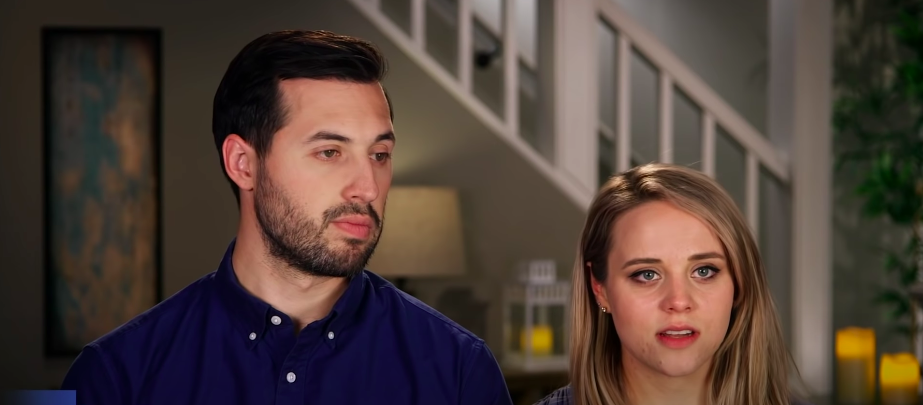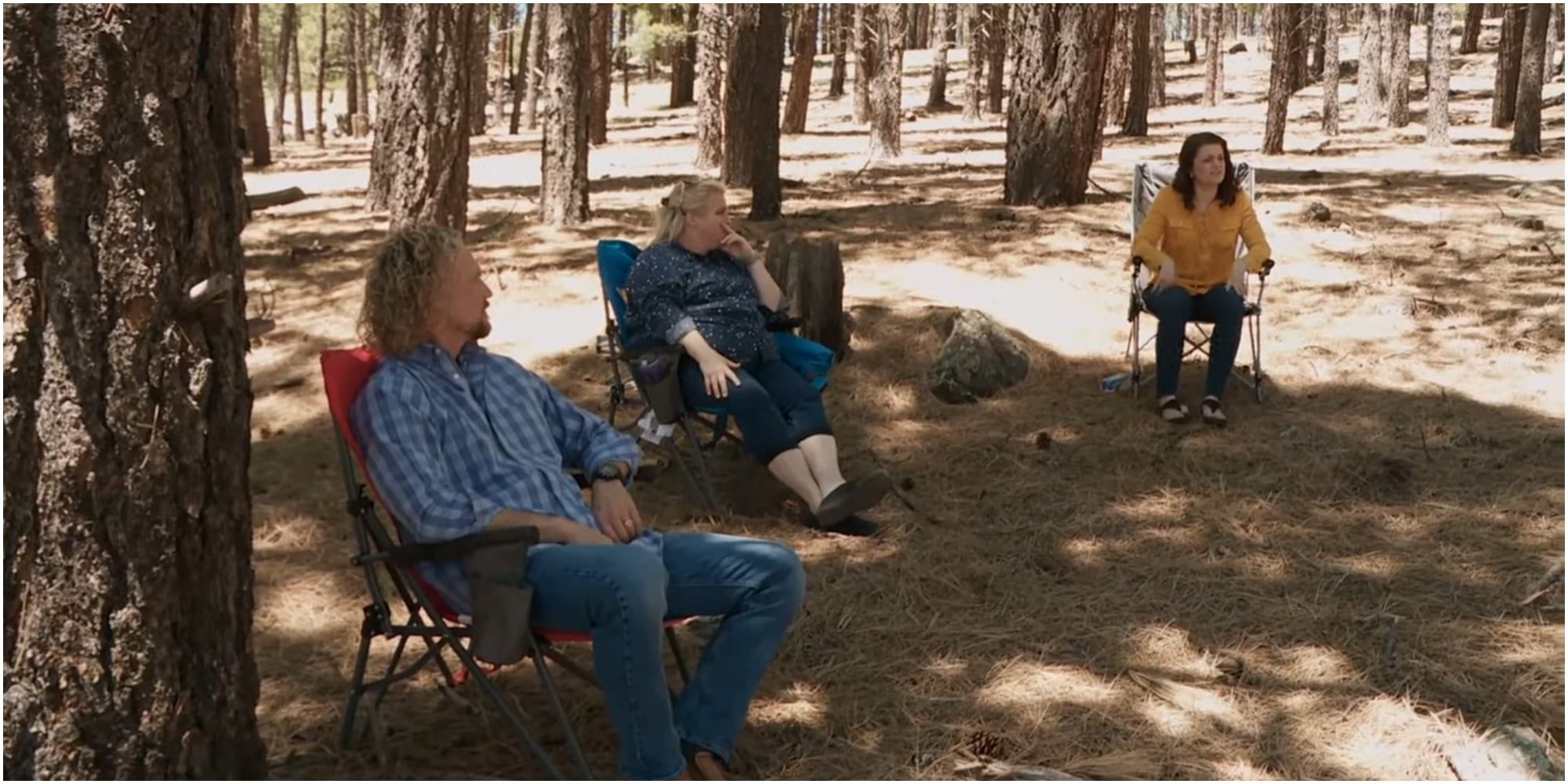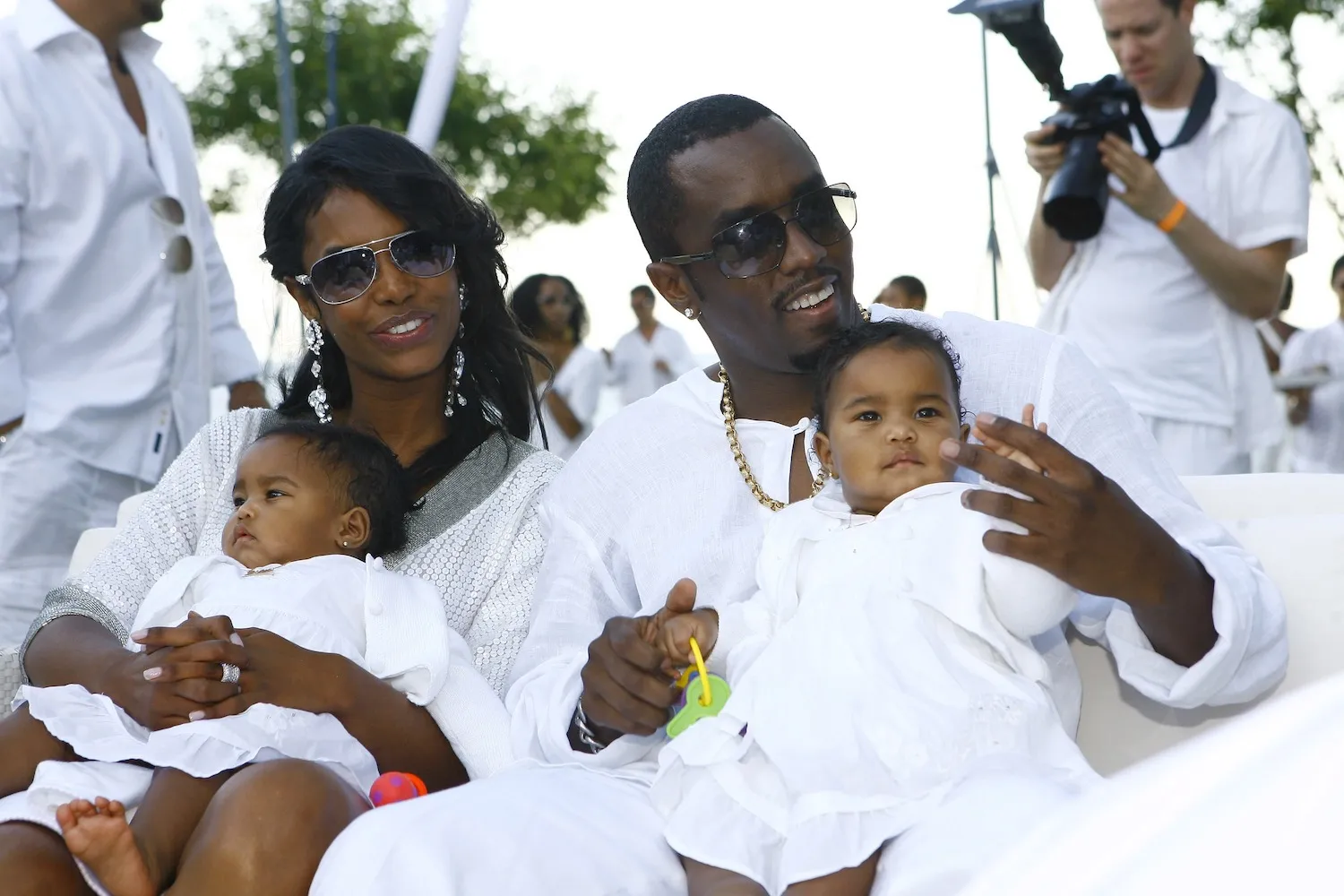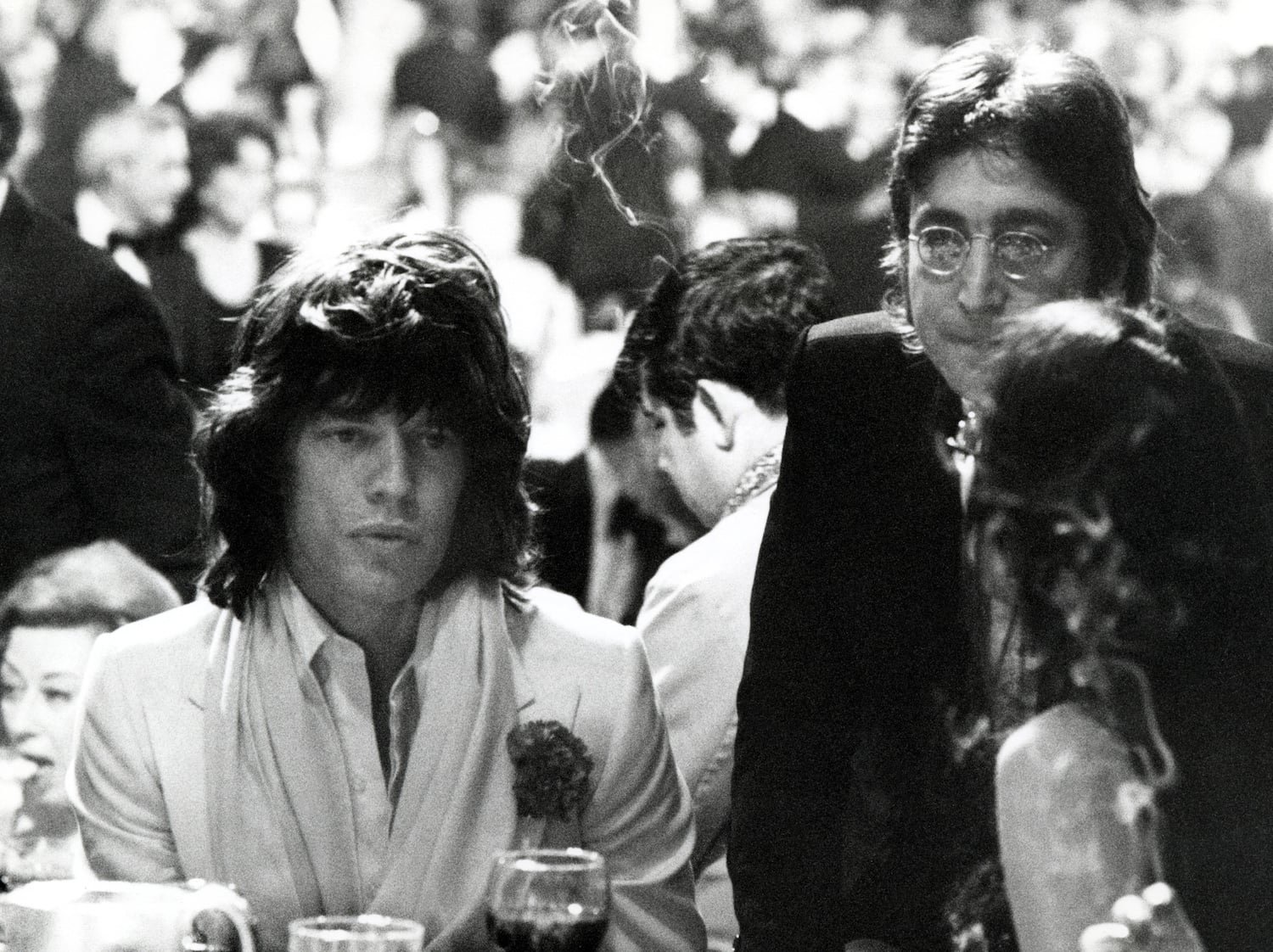
4 Musicians John Lennon Had a Love-Hate Relationship With
John Lennon collaborated with many musicians throughout his musical career. He idolized many artists, while others he had friendly relationships with. However, Lennon’s opinions toward certain musicians changed frequently, and it would be hard to tell his true feelings. Here are a few musicians who John Lennon had a love-hate relationship with.
1. Mick Jagger
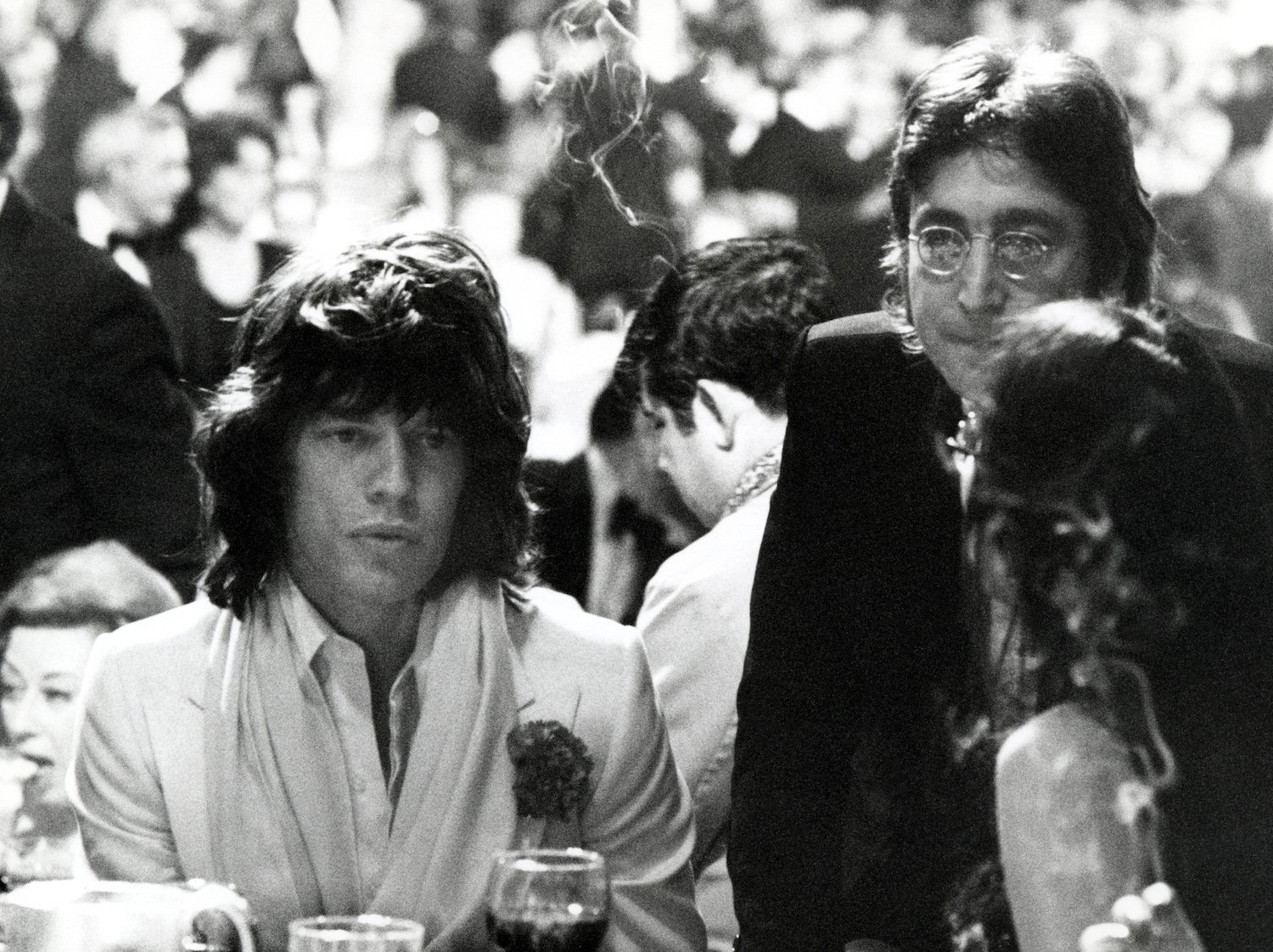
The Rolling Stones and The Beatles had a competitive rivalry, but their relationship was mostly friendly. Paul McCartney and John Lennon even helped the British musicians out by giving them their first hit, “I Wanna Be Your Man.” However, in a 1970 Rolling Stone interview, Lennon had harsh words toward Jagger and directed a homophobic slur at him.
“I like ‘Honky Tonk Woman’ but I think Mick’s a joke, with all that f** dancing, I always did,” Lennon said. “I enjoy it, I’ll probably go and see his films and all, like everybody else, but really, I think it’s a joke.”
Despite these insulting words, Lennon and Jagger were friends, as described in May Pang’s book Loving John. Pang and Lennon had a brief affair in the 1970s, and Pang said the pair would often hang out with Jagger
“John and I affectionately nicknamed him ‘The Phantom,’” Pang wrote. “We never knew when he’d materialize, how long he would stay, when he’d call again, or what was really going on behind those devilish eyes and big pouting lips.”
2. Elvis Presley
All of The Beatles idolized Elvis Presley when learning about rock n’ roll in Liverpool. They were impressed by his music and captivated by how he performed. In a 1980 interview, John Lennon simply said, “Without Elvis, there would be no Beatles.” However, his opinion of Elvis changed after he left for the army in 1958.
Both he and McCartney felt that he went from an artist who promoted freedom and rebellion to a bit of a stickler. In an interview with BBC, Lennon said, “When Elvis died, people were harassing me in Tokyo for a comment. Well, I’ll give it yer now, he died when he went in the army. That’s when they killed him. The rest of it was just a living death.”
However, Elvis wasn’t too fond of Lennon either. According to author Chris Hutchins, Presley was a staunch military supporter and became irritated by Lennon’s anti-war sentiments during their first meeting. He reportedly urged FBI director J. Edgar Hoover to have Lennon deported.
3. Bob Dylan
Bob Dylan is another influential musician for John Lennon. Lennon was inspired by his introspective songwriting style and incorporated it into many of his Beatles songs, including “In My Life” and “You’ve Got to Hide Your Love Away.” The admiration was mostly one-sided, as Dylan didn’t like Lennon copying his style.
Lennon’s view of Dylan appeared to sour over the years. In a 1979 home recording, Lennon discussed his single “Gotta Serve Somebody” from his 1979 album Slow Train. The song and the album have many themes about being a born-again Christian, but Lennon took issue with the production itself.
“The backing is mediocre […] the singing’s really pathetic and the words were just embarrassing.” Lennon shared. These were harsh criticisms toward someone Lennon considered to be a musical hero.
4. Paul McCartney
Paul McCartney and John Lennon were good friends for the majority of Lennon’s life. The two became early friends in Liverpool and later formed The Beatles with George Harrison and Ringo Starr. However, when The Beatles broke up, the pair had something of a public feud. “Too Many People”, “God”, and “Dear Friend” are examples of songs written by the pair that pushed the feud along or tried to end it.
Fortunately, the former bandmates were able to bury the hatchet and reconciled before Lennon died in 1980. McCartney considers it a blessing he and Lennon were on good terms at the time of his death.
Lennon was honest about his thoughts on other musicians, whether good or bad. Still, many considered him a friend, even if he shared some critical words.
